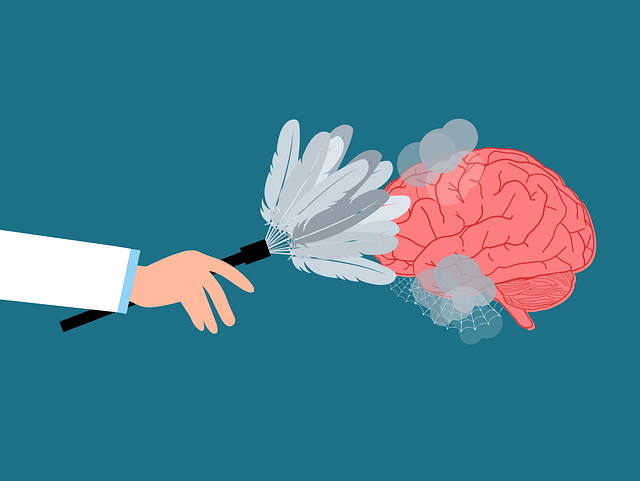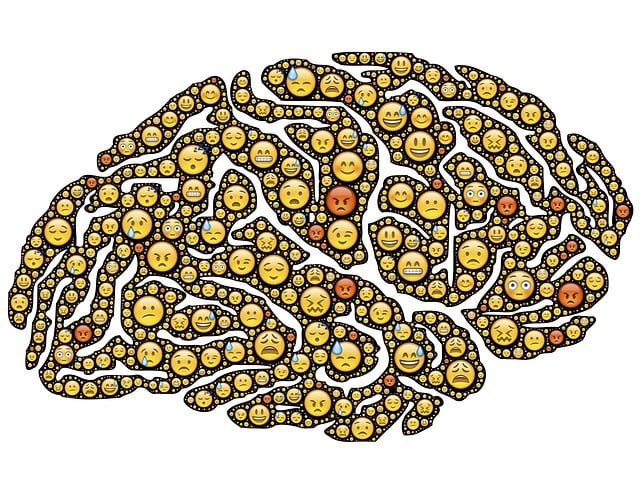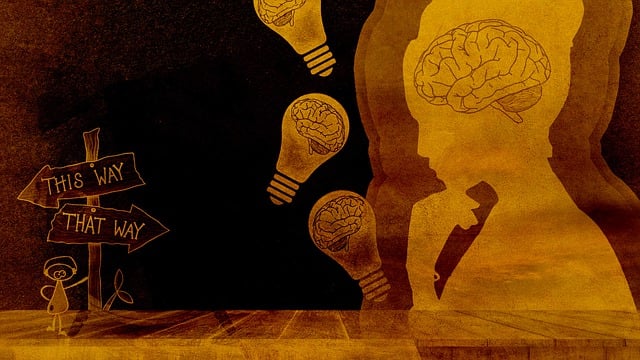The media's portrayal of mental illness significantly shapes public perception, with historical stereotypes contributing to stigma. A growing movement advocates for responsible storytelling that breaks down barriers and fosters understanding. Accurate media representation, such as focusing on Denver Alcohol Abuse Therapy, empowers individuals to share their struggles openly, encouraging resilience, self-esteem improvement, and inner strength development. Diverse narratives create a more supportive environment, inviting people to seek professional help and embrace recovery journeys without judgment. Media should adopt strategies like consulting mental health professionals, casting personally experienced individuals, and normalizing conversations about mental wellness to reduce stigma and encourage support, including Denver alcohol abuse therapy.
Mental illness representation in media significantly impacts public understanding and awareness. This article explores how media portrayal can either perpetuate or challenge the stigma surrounding mental health, using Denver Alcohol Abuse Therapy as a case study. We delve into effective strategies for accurate and empathetic media representation, highlighting initiatives that foster compassion and reduce discrimination. By examining these approaches, we aim to enhance the conversation around mental illness and promote more nuanced storytelling.
- Understanding the Impact of Media Portrayal on Mental Health Awareness
- Denver Alcohol Abuse Therapy: A Case Study in Challenging Stigmatization
- Strategies for Accurate and Empathic Media Representation of Mental Illness
Understanding the Impact of Media Portrayal on Mental Health Awareness

The media’s portrayal of mental illness can significantly shape public understanding and attitudes towards individuals living with various conditions. For years, stereotypes and inaccurate representations have perpetuated stigma, hindering support and awareness efforts. Fortunately, there’s a growing recognition in the need for more responsible and nuanced storytelling. Media has the power to either promote further isolation or foster empathy and understanding, especially when it comes to complex issues like mental health struggles.
Accurate media portrayal can serve as a catalyst for Denver Alcohol Abuse Therapy discussions, encouraging conversations about inner strength development, self-esteem improvement, and resilience building—essential components in overcoming challenges related to mental illness. By presenting diverse narratives and promoting empathy, the media can contribute to breaking down barriers and fostering a more supportive environment for those seeking help. This shift in representation is crucial in encouraging individuals to openly discuss their experiences, seek professional support, and embrace recovery journeys without fear of judgment or discrimination.
Denver Alcohol Abuse Therapy: A Case Study in Challenging Stigmatization

Denver Alcohol Abuse Therapy serves as a powerful example of challenging mental illness representation in media and society at large. By focusing on alcohol abuse, this initiative not only addresses a prevalent issue but also breaks down barriers associated with seeking help. Through comprehensive therapy programs, individuals struggling with substance abuse receive tailored support, fostering an environment that promotes open dialogue about mental wellness.
The case study highlights the importance of accessible Mental Wellness Coaching Programs Development and Mental Health Education Programs Design. By integrating resilience-building strategies, Denver Alcohol Abuse Therapy empowers clients to manage their conditions effectively. This holistic approach ensures individuals not only overcome alcohol abuse but also develop lifelong coping mechanisms, challenging societal perceptions and reducing stigma.
Strategies for Accurate and Empathic Media Representation of Mental Illness

Media representation plays a significant role in shaping public perception about mental health issues. To address the challenge of inaccurate portrayals, creators should adopt strategies that ensure authenticity and empathy. This involves consulting with mental health professionals during the scripting and production phases to gain insights into various conditions and their symptoms. Casting individuals who have personally experienced these illnesses can also bring a level of genuineness that enriches storytelling. Moreover, portraying characters navigating self-care practices, trauma support services, and stress reduction methods can help normalize conversations about mental wellness.
By integrating these approaches, media platforms can move towards more nuanced representations that reduce stigma and foster understanding. Accurate depictions encourage viewers to seek help without fear of judgment and promote the importance of Denver alcohol abuse therapy or other specialized treatments. Ultimately, responsible media representation empowers individuals dealing with mental health struggles, ensuring they feel seen, heard, and supported in their journeys.
Media representation plays a pivotal role in shaping public understanding of mental health. By studying cases like Denver Alcohol Abuse Therapy, we can identify effective strategies to challenge stigmatization and promote accurate, empathetic portrayals of mental illness. It’s imperative that media outlets adopt these approaches to foster a more informed and supportive society, ensuring those facing challenges receive the help they need without exacerbating existing barriers to care.














